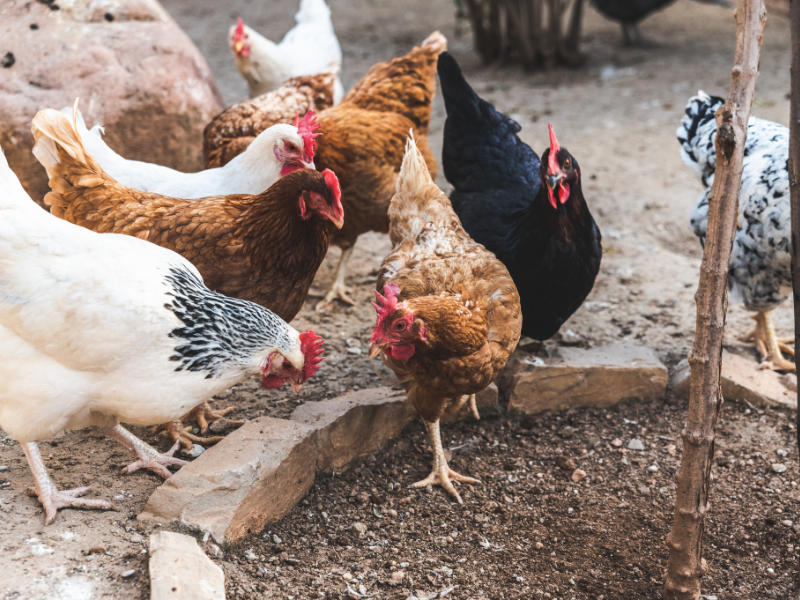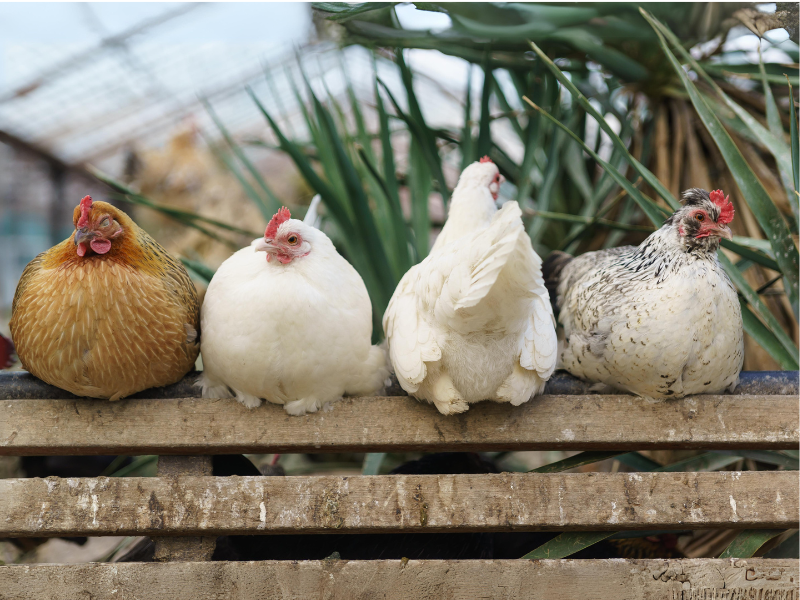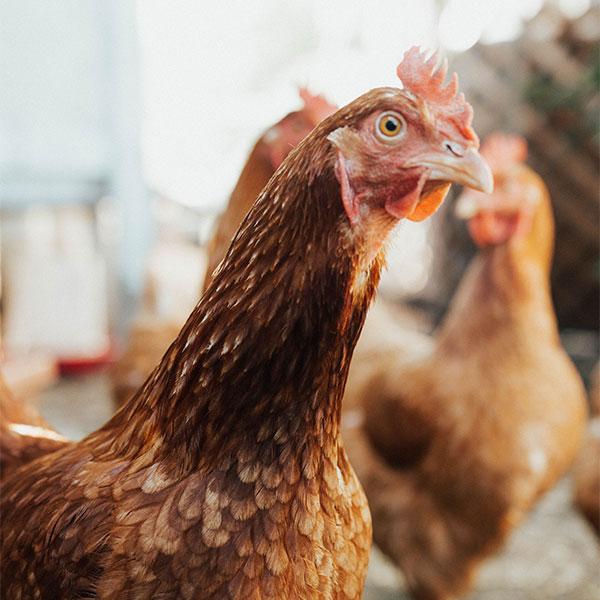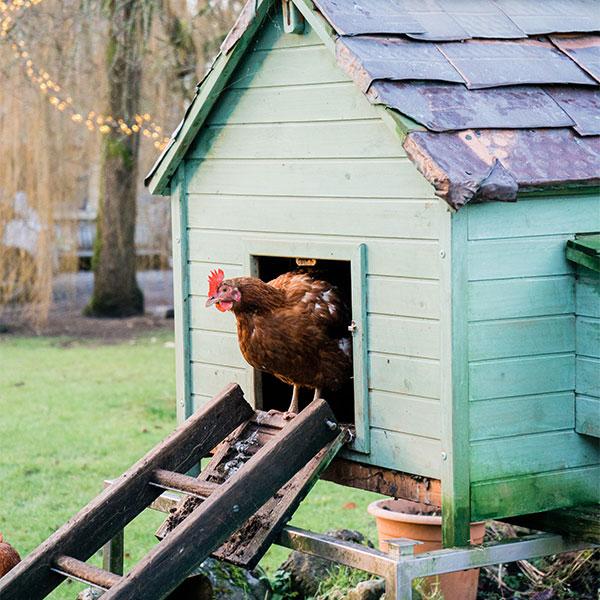Backyard poultry, including chickens and ducks, have been steadily growing in popularity. With an increased desire for self-reliance and dissatisfaction with the poultry industry, many people are turning to raising their own chickens. As a result, demand for chicks has risen dramatically, with one Connecticut chicken breeder reporting a significant increase in sales from a few thousand to hundreds of thousands of chicks.
Chickens offer numerous benefits for homeowners. They provide fresh eggs and meat, make excellent compost with their feces, and help control pests by eating unwanted bugs. Additionally, chickens are remarkably intelligent and can be trained to do tricks, similar to pet dogs. For many families, chickens are more than just a food source—they are beloved pets that are welcomed into homes and even snuggled by children.
However, as with any pet, there are risks. Backyard poultry can carry diseases like Salmonella, which can make people sick. Parents often warn their children not to eat raw cookie dough due to the risk of salmonella. The same precaution should be applied to handling chickens and other poultry. Always wash your hands thoroughly after handling chickens, and never allow them to touch your face.
According to The New York Times, backyard chickens and ducks have been responsible for infecting 961 people with Salmonella poisoning just this year. While many people recover after a few days of fever, diarrhea, and abdominal cramps, others may require hospitalization, and in some cases, it can be fatal. So far, 200 people have been hospitalized, and there has been one documented death.
Many people believe that eggs from backyard chickens are healthier than those from commercial sources, but that's not necessarily true. Commercial poultry operations are regularly inspected by the Food and Drug Administration (FDA) and must meet stringent guidelines to prevent contamination. Backyard chickens, on the other hand, are not subject to these same regulations and are more likely to carry harmful bacteria like Salmonella.

How to Reduce Your Risk of Salmonella
Taking a few simple precautions can greatly reduce your risk of Salmonella infection when handling backyard poultry. Follow these safety guidelines:
- Always wash your hands thoroughly after handling chickens or ducks.
- Wear different clothes and boots when working in the chicken coop to avoid contamination.
- Do not keep chickens inside your home.
- Never eat or drink near your chickens or poultry areas.
- Avoid cuddling or kissing your chickens, especially near your face.
- Regularly clean and sanitize your chicken coop to maintain a safe environment.














